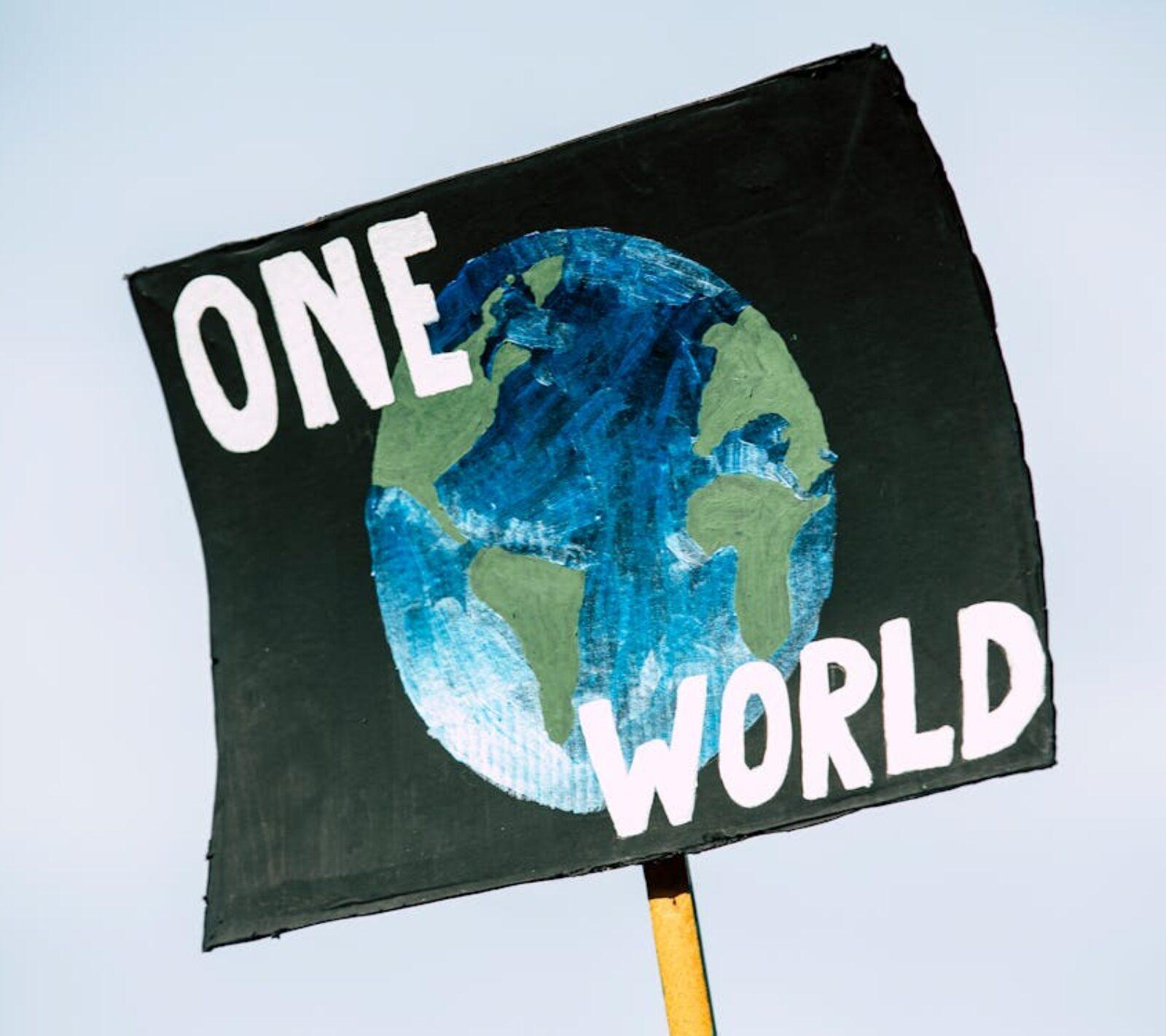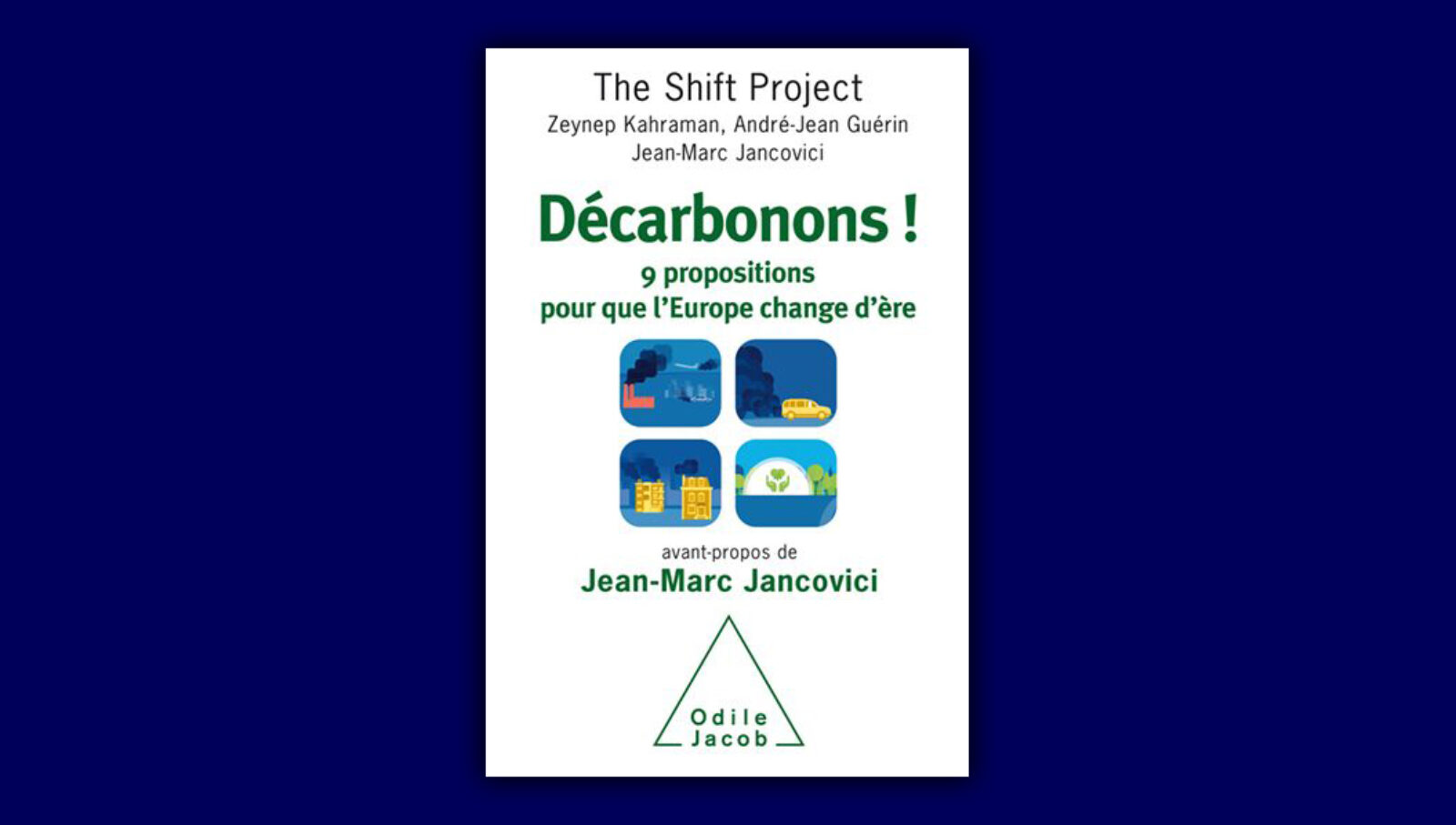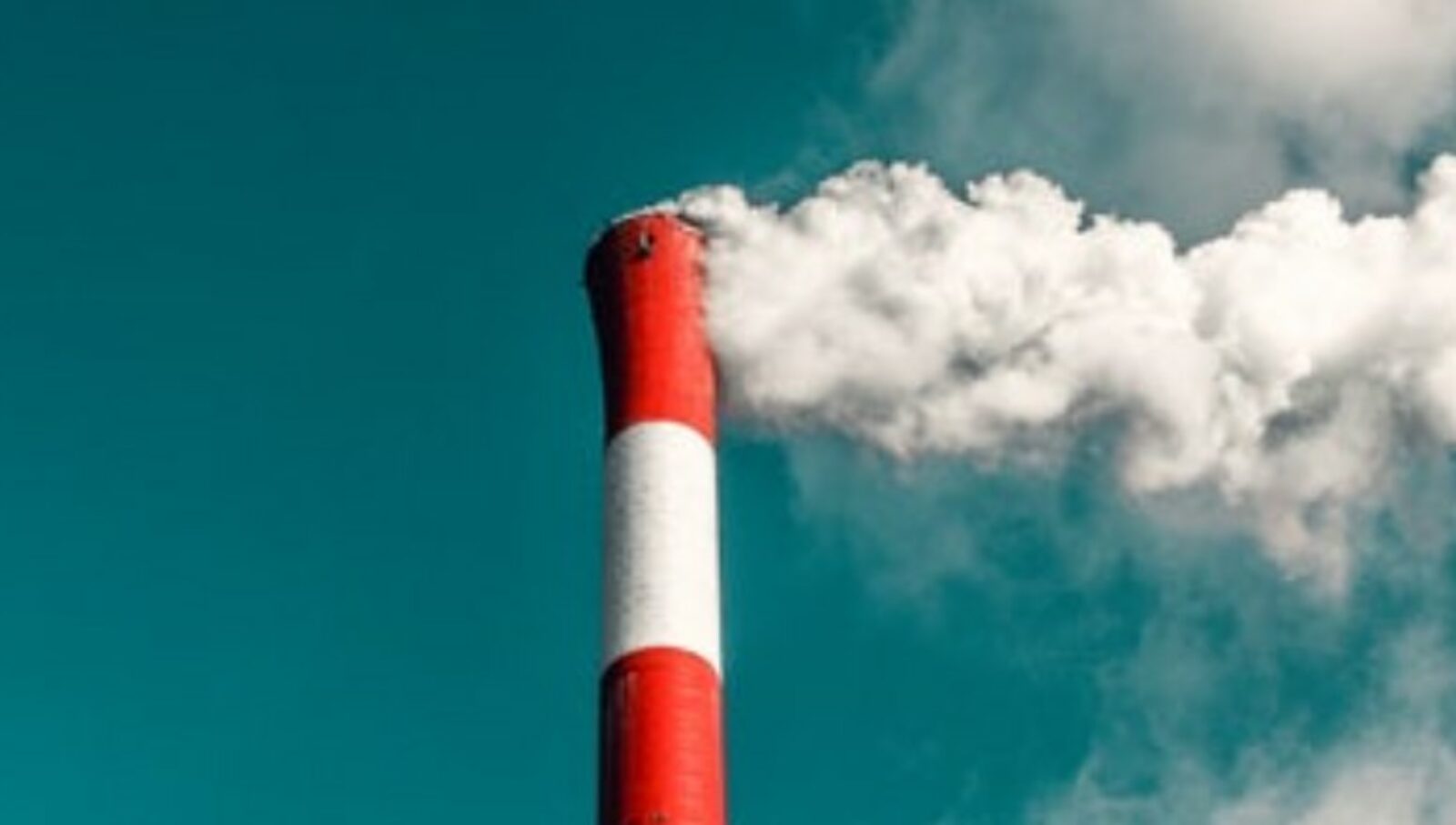This first volume is devoted to assessment of the evolution of the climate from a scientific viewpoint, and confirms that the climate is indeed warming and that humans have a role in this transformation.
The following volumes, due in the spring of 2014, will cover in volume 2 the impacts incurred, vulnerability and adaptation to climate change, and in volume 3 ways to mitigate this process.
This first summary document, released in a tightly controlled communication framework, sounds an alarm, stressing the urgent need for an international policy reaction to combat climate change. The IPCC states that it is “95%” certain that climate change is actually happening, and clearly assigns responsibility for this phenomenon to human activity. Greenhouse gas emissions of human origin are designated as the main drivers of the rising global temperature observed on our planet since the middle of the 20th century. If nothing is done to counter this destructive trend, the prospects for the future are very gloomy according to the IPCC, and even gloomier than envisioned in its previous report in 2007.
The report announces that the increase in the Earth’s temperature could be as high as 4.8 °C by 2100. With this temperature increase will come more frequent extreme climate events – heat waves, cyclones – the disappearance of mountain glaciers and all or part of polar ice in summer, and a rise in the average sea level that is projected between 26 and 82 cm. Global warming will also have dire consequences for agricultural production and the availability of resources, in light of the population explosion expected by the end of this century, when the world population will reach 11 billion according to UN projections.[1]
Let us hope that this strong consensus of the international scientific community, affirming the reality of climate change, will elicit a political response that is adequate to meet the challenges faced by humankind to mitigate its effects.
Let us also hope that the international climate negotiations to be held in Paris at the 21st Conference of the Parties on climate change will lead to a collective awakening, accompanied by concrete and consensual action by all the stakeholders.
Notes :
[1] Figures available here.
The Ministry for Ecology, Sustainable Development and Energy has published its own translation of the executive summary mentioned in this article.




